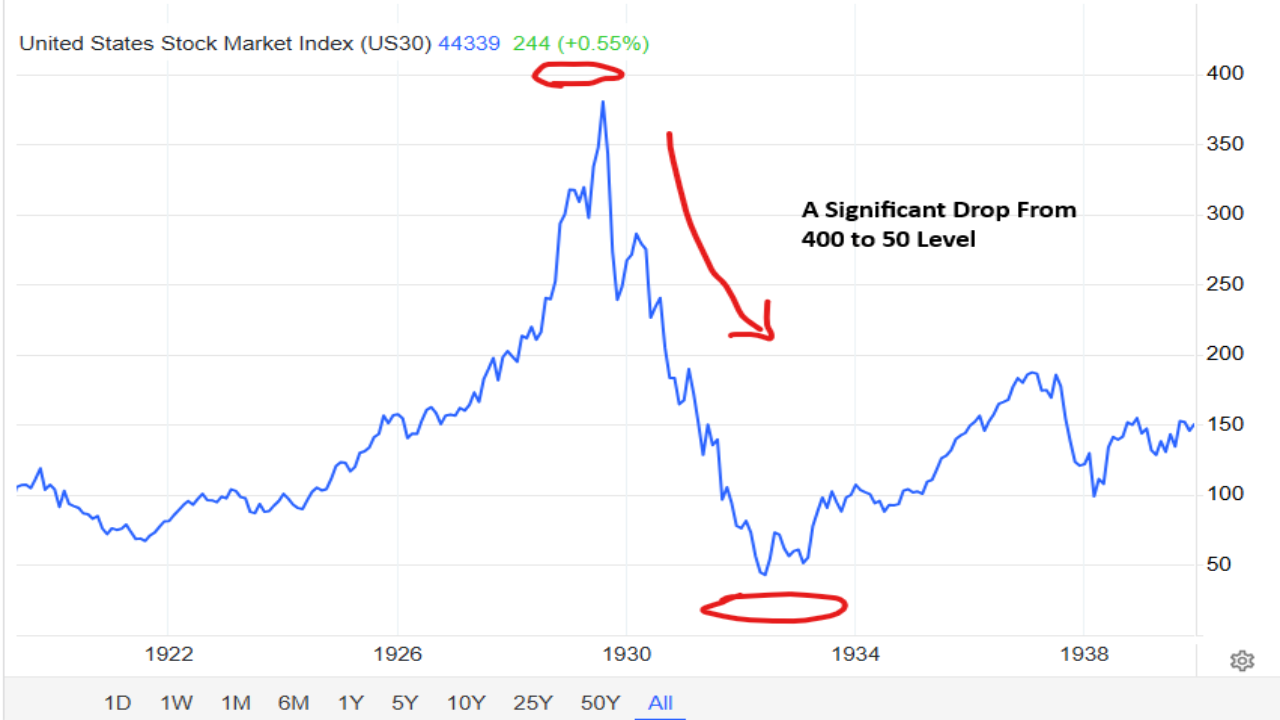Key Takeaways
- Tesla's stock price has seen incredible momentum throughout 2024 due to Elon closely aligning himself with Donald Trump
- Tesla's fundamentals are currently looking shaky, but the company has made multiple announcements that position itself at the forefront of new B2C innovative products
- The company's stock price is currently in a phase of constant volatility, making it hard to gauge a good entry price, but overall Tesla's stock has strong future prospects
Introduction
Tesla has got to be one of the most famous stocks out there. As an investor myself, I struggle to stay away from price action trading Tesla daily. In this article, we will discuss what happens if I buy Tesla stock today, regardless of whether you are a day trader, long-term investor, or someone like me, who does price action trading.
Tesla's rapid ascension has been an incredible feat, especially for those who were riding the Tesla bullrun during and after the announcement of the US elections, it has been a thrill ride. There are many indicators that show Tesla stock can increase over time. Let's dive in and explore where Tesla's stock is going and things to watch out for.
Key Financials of Tesla Stock
| Year | Revenue | Gross Profit | Market Cap | Avg Stock Price (High) |
| 2024 | $71.98 Billion | $17.70 Billion | $1.385 Trillion | $250.08 |
| 2023 | $96.77 Billion | $17.66 Billion | $789.89 Billion | $180.68 |
| 2022 | $81.46 Billion | $20.85 Billion | $388.97 Billion | $402.67 |
| 2021 | $53.82 Billion | $13.60 Billion | $1.061 Trillion | $300.13 |
When we are analyzing Tesla, we can see that the company's profit margin has somewhat slumped in 2024 compared to the previous year. In addition, Tesla's EV/EBITDA is at 60.78, this would suggest that Tesla's current stock price is overvalued compared to its revenue.
What market analysts are saying about Tesla stock
| Analyst | Rating | Action | Price Target | Date |
Stifel Stephen Gengaro | Strong buy | Maintains | $411 - $492 | 2025-01-06 |
Evercore ISI Group Chris McNally | Hold | Maintains | $195 - $275 | 2025-01-03 |
GLJ Research Gordon Johnson | Strong Sell | Reiterates | $25 | 2025-01-03 |
Truist Securities William Stein | Hold | Maintains | $360 - $351 | 2025-01-03 |
Canaccord Genuity George Gianarikas | Strong Buy | Maintains | $298 - $400 | 2025-01-03 |
Future of Tesla Stock
Tesla seems to be a company that has a potentially bright future, with announcements of new and exciting technology along with governmental support from the Trump administration, Tesla, may show strong indicators toward bullish momentum.
Tesla and Innovation
It is no secret that Tesla is one of the most technologically innovative companies of our time. With the onset of driving the mass adoption of electric vehicles, to the latest deployment of cyber taxis, Tesla has positioned itself to open new avenues of revenue growth.
These new avenues will be reflected in Tesla's stock price. Although forecasting what Tesla's revenue and profit margins will be is next to impossible, we have a clear sign that with the successful adoption of its products, these numbers will increase.
Tesla and Trump
We saw an incredible bull run of Tesla stock during the announcement of the US presidency and this is due to Elon's close alignment with Donald Trump, by supporting him throughout his campaign. It is speculated that Trump's administration will offer some type of financial incentives to Tesla, further expanding the company's expansion and adoption.
Tesla and Elon Musk
How can we discuss Tesla without mentioning Elon Musk? Branded as potentially a present-day visionary, his companies combined with his intellect are closely entwined within Tesla, leading many to speculate remarkable achievements ahead in the company's future.

Should I Buy Tesla Stock?
In essence, we cannot say yes or no, but many indicators are pointing toward a Tesla-driven future society. This future will be reflected in its stock price, creating potentially multiple bull runs, and several bearish ones, but ultimately landing higher than its current stock price.
Depending on what type of investor you are. Tesla is currently going through a flux of speculation, as the company's revenue vs market cap does not seem to align. As an investor, it would be best to stay up-to-date on the latest market sentiments toward Tesla and monitor its revenue and profit margins quarter on quarter.

Conclusion
Thinking logically, technology does not stay as it is. Over time, it takes on new forms and elevates society to a better place. Tesla is one of those companies driving the future of human society. Because of this, Tesla's stock can offer lucrative returns both in the short and long term.
If you bought Tesla today, you would be setting yourself up for either passively long-term returns, or daily takes from Tesla's market volatility, but either way, if you buy Tesla today, be sure you have conducted your own due diligence and market research before buying.
Frequently Asked Questions
Will there be a Tesla stock split?
Although Tesla has split its stock twice, a third stock split might not be on the table for a while. Once Tesla begins expanding and releasing new products, a stock split may arise. When this happens, no one can be sure.
Where can I buy Tesla stock?
You can buy Tesla stock through a broker, for example, companies such as Trading 212, Etoro, and Robinhood can offer Tesla stock through their platforms.
What are the risks of investing in Tesla?
Like all types of investing, it comes with the possibility that you lose a substantial amount of your money. For Tesla, geo-political issues could affect the price among among other reasons.











